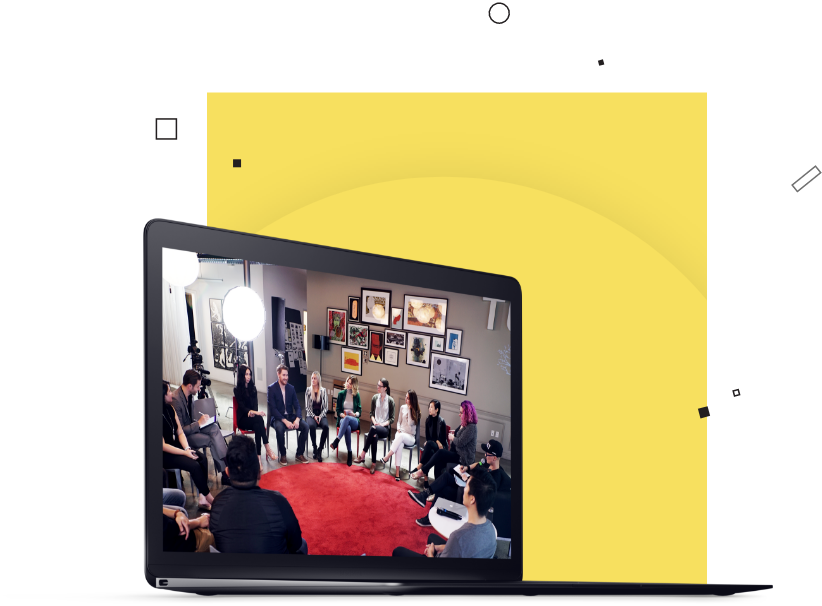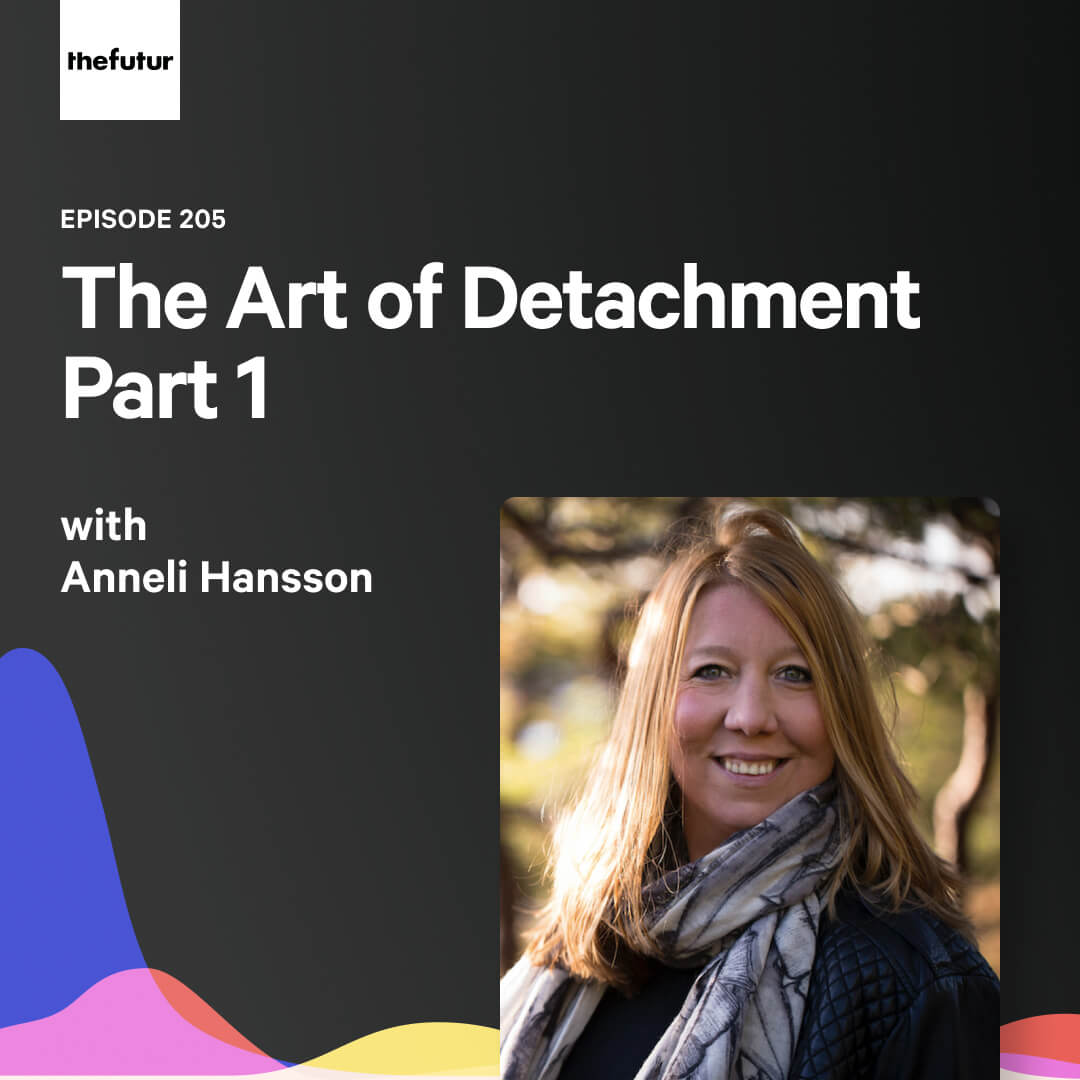Be The First To Know
Join Our Newsletter
The Three Principles of a Great Listener
Are you a good listener? How do you know? And if you aren’t, how do you get better? Knowing the answers to these questions is crucial to getting where you want to be in business and life. In my experience, being a great listener comes down to three principles: listening to understand, asking great questions, and validating what you hear. Here’s my take on how to leverage these three principles in your next conversation.
Listening Principle #1 – Listening to Understand
How much do you really understand when you listen to someone? It may be less than you think. Here’s an exercise I recommend to really focus in on where your listening skills are at. Sit down with someone and have them tell you something. Anything. Then, say it back to them verbatim.
Don’t paraphrase it, don’t tell them what you think they said, say exactly the words that they did. They’ll tell you how accurate you were. Trust me – this exercise can be very difficult, but very enlightening. Really understanding what someone is saying to you takes practice, focus, and patience. It’s also one of the most important things you can do to ensure you’re being an active listener.
Listening Principle #2 – Asking Great Questions
Another way to get the most out of your conversations is to learn to ask great questions. Find places in your conversation to ask open-ended questions that draw out more about what the other person is trying to say. Simply asking “why” at the right point can uncover information that’s crucial to understanding their point.
This is just as important in sales as it is in your personal conversations. Listen to what a client is telling you, and be persistent in digging deeper with “why” questions. By asking the right questions, I’ve had clients reveal that they don’t really need what I have to offer, saving us both time and money.
Listening Principle #3 – Validating What You Hear
Oftentimes, people just want to be heard. Validating what they say reassures them that you’re listening and truly want to understand what they’re saying. How do you validate someone? It’s as simple as saying, “So, what I’m hearing is this.” Repeat back what they’re saying and make them feel heard. I think validation is such an important part of listening, particularly because so many clients are used to working with people who just don’t care to hear what they have to say. If they’re always fighting with internal teams or working with a director who doesn’t listen, talking with someone who really takes the effort to hear them is very refreshing.
Not only does validating help make sure you understand what someone is saying, it also makes other people feel good. It’s as simple as that.
The Bottom Line
Being a great listener is a skill that you can develop. Take these three principles to heart and start using them in your next conversation. You’ll be amazed at how the person you’re speaking to responds, and how much more you get out of the discussion. Practice, practice, practice, and watch your ability to listen and connect with others grow.
The Three Principles of a Great Listener
Are you a good listener? How do you know?
Are you a good listener? How do you know?
Are you a good listener? How do you know? And if you aren’t, how do you get better? Knowing the answers to these questions is crucial to getting where you want to be in business and life. In my experience, being a great listener comes down to three principles: listening to understand, asking great questions, and validating what you hear. Here’s my take on how to leverage these three principles in your next conversation.
Listening Principle #1 – Listening to Understand
How much do you really understand when you listen to someone? It may be less than you think. Here’s an exercise I recommend to really focus in on where your listening skills are at. Sit down with someone and have them tell you something. Anything. Then, say it back to them verbatim.
Don’t paraphrase it, don’t tell them what you think they said, say exactly the words that they did. They’ll tell you how accurate you were. Trust me – this exercise can be very difficult, but very enlightening. Really understanding what someone is saying to you takes practice, focus, and patience. It’s also one of the most important things you can do to ensure you’re being an active listener.
Listening Principle #2 – Asking Great Questions
Another way to get the most out of your conversations is to learn to ask great questions. Find places in your conversation to ask open-ended questions that draw out more about what the other person is trying to say. Simply asking “why” at the right point can uncover information that’s crucial to understanding their point.
This is just as important in sales as it is in your personal conversations. Listen to what a client is telling you, and be persistent in digging deeper with “why” questions. By asking the right questions, I’ve had clients reveal that they don’t really need what I have to offer, saving us both time and money.
Listening Principle #3 – Validating What You Hear
Oftentimes, people just want to be heard. Validating what they say reassures them that you’re listening and truly want to understand what they’re saying. How do you validate someone? It’s as simple as saying, “So, what I’m hearing is this.” Repeat back what they’re saying and make them feel heard. I think validation is such an important part of listening, particularly because so many clients are used to working with people who just don’t care to hear what they have to say. If they’re always fighting with internal teams or working with a director who doesn’t listen, talking with someone who really takes the effort to hear them is very refreshing.
Not only does validating help make sure you understand what someone is saying, it also makes other people feel good. It’s as simple as that.
The Bottom Line
Being a great listener is a skill that you can develop. Take these three principles to heart and start using them in your next conversation. You’ll be amazed at how the person you’re speaking to responds, and how much more you get out of the discussion. Practice, practice, practice, and watch your ability to listen and connect with others grow.

Chris Do is an Emmy award winning director, designer, strategist and educator. He’s the Chief Strategist and CEO of Blind, executive producer of The Skool, and the Founder and CEO of The Futur— an online education platform that teaches the business of design to creative thinkers.


























